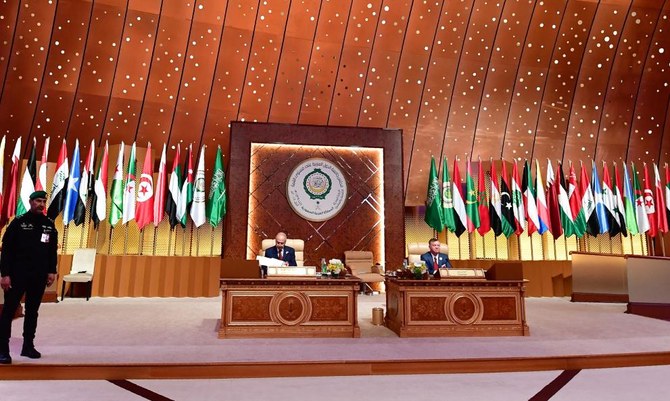Khalaf Ahmad Al-Habtoor
In today’s turbulent world, international challenges and crises are increasingly escalating in a way that does not bode well. The security and stability of the world as a whole have become threatened. We in the Arab region often find ourselves on the brink of the abyss. Our countries, which are among the wealthiest in the world and have a diverse fabric of cultures, societies and religions, are engaged in many pivotal conflicts.
The current international scene is fraught with challenges that threaten peace and stability in the Arab world and beyond. From the long-standing Israeli-Palestinian conflict to the devastating crises and political and economic turmoil in Syria, Lebanon, Sudan, Iraq, Yemen and others. All these conflicts not only lead to the destruction of those countries, but also hinder economic and social progress in the region as a whole and cast a shadow of uncertainty over the region. Outside the Arab world, tension hangs over the entire globe, specifically in major Western and European countries. There are the ongoing geopolitical issues and territorial disputes in Russia and Ukraine, tensions in North Korea, the South China Sea, Afghanistan and – unfortunately – many others, which have increased global insecurity and instability.
In the face of these escalating global challenges, there is an urgent need for real cooperation, solidarity and support among Arab countries to unify our efforts and protect our security and stability. The formation of a strong alliance between Arab countries could serve as a formidable shield to protect their interests and create proactive strategies to enhance security. Moreover, this cooperation will contribute to protecting our lands and their sovereignty, our freedoms, our beliefs and our sanctities. This can only be done through collective efforts and sincere intentions toward solidarity and by uniting our individual strengths to confront any threat at the regional or global levels. As the saying goes: “When the spears come together, they refuse to break, and when they separate, they break.” I constantly reflect on the meanings of these verses and I sincerely believe that this is our situation in the Arab world today. We are in dire need of unity. I am utterly confident that our union would be on par with major blocs such as the EU, for example, because of the significant capabilities we possess in terms of natural resources, geographical position and other factors. In addition, our Arab countries are united under the banner of one language, the Arabic language, and this is what brings us together.
All this makes the Arab union project a nightmare for many countries and parties that are frightened by our cooperation, solidarity and clarity with each other, because their goals are achieved through our weakness and division. Therefore, we must be extremely wary of the countries whose interests lie in targeting Arabs, sowing discord and changing states’ political and religious demographics. The first step to maintaining our security and stability begins with knowing our enemies and understanding their intentions, both hidden and explicit, to prevent them from achieving their regional agendas by sowing division and chaos among the Arabs to undermine our political stability and security. Moreover, at present, there is an urgent need to activate the real and effective role of multilateral institutions, such as the UN, its Security Council and the Arab League, to meet the critical challenges we are witnessing and to enhance cooperation between member states. These institutions play a crucial role in addressing the challenges facing the world.
For example, the Arab League’s role must be fully activated through pressure on international actors and effective diplomatic engagement, rather than simply holding meetings and issuing nonbinding statements. The Arab League should take more proactive stances and fulfill the fundamental role for which it was founded, which is to enhance cooperation and stability in the region. It should follow in the footsteps of the Arab leaders who strongly supported the league and participated in strengthening its role and goals, such as King Faisal, Sheikh Zayed bin Sultan Al-Nahyan and President Gamal Abdel Nasser. They supported Arab cooperation initiatives and encouraged coordination between countries to confront regional and international challenges.
The role of global institutions as a whole is activated only by selecting veteran leaders with extensive experience to lead them – leaders who can make influential decisions and deeply understand the challenges and opportunities of our contemporary world. Their role extends beyond rhetoric to adopting a practical, results- and peace-oriented approach to serve the interests of the broader local and international communities. In conclusion, I wonder what the fate of the Arab countries will be as a result of all these crises. What is our fate as Arabs when faced with all these escalating international challenges? We cannot deny that all these complex issues and ongoing conflicts form part of our reality in the region, but I always believe that there is hope and opportunity to improve the situation when striving and working together, and that we remain vigilant against those who fight us, openly or covertly, by understanding and exposing their goals. The path toward stability in the Arab world begins with solidarity, clarity and cooperation, which are key to achieving security and prosperity in the region, protecting our interests and ensuring our existence and our presence with wisdom and sustainability.







